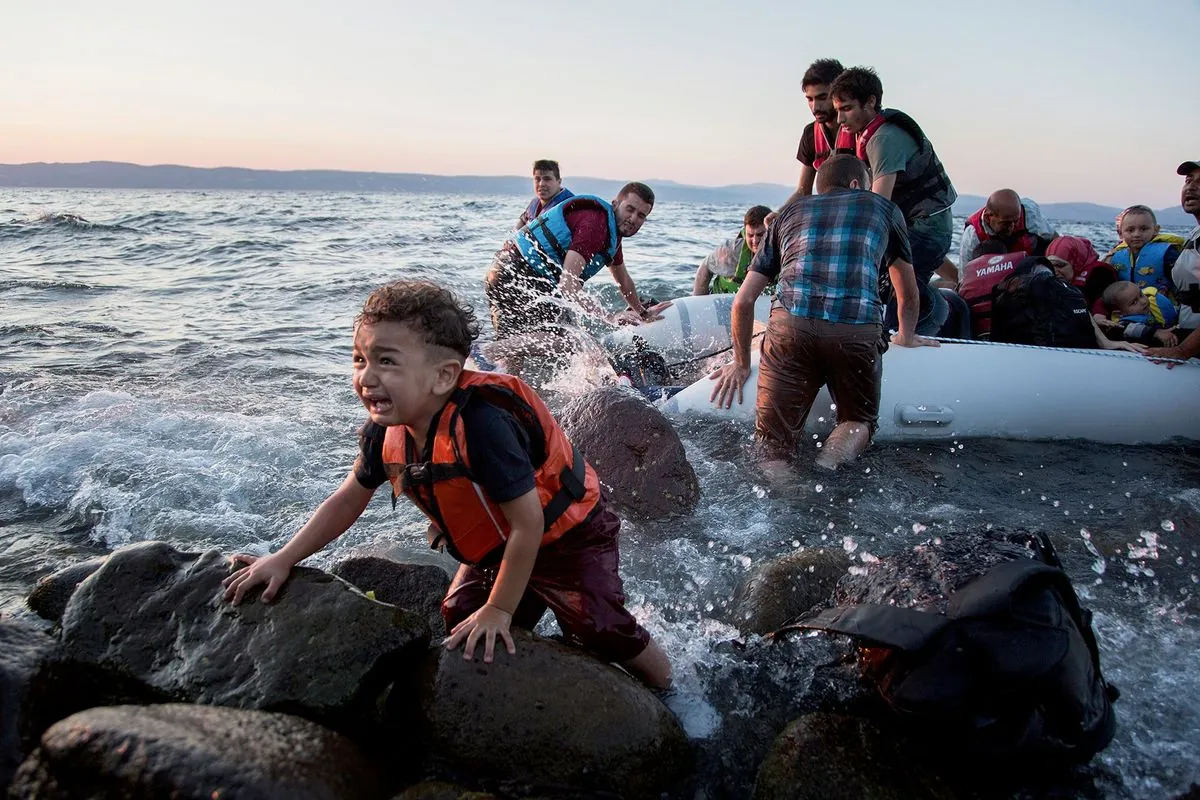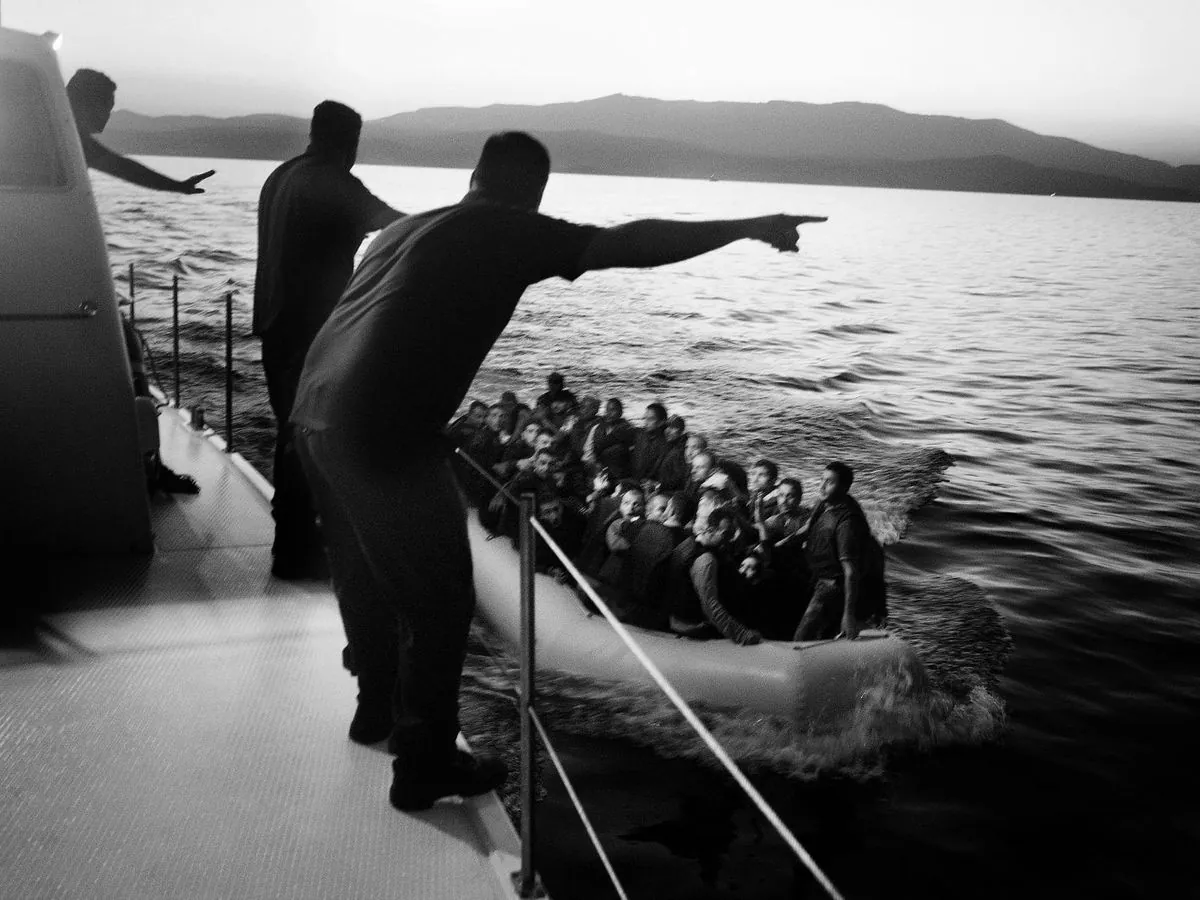76 Migrants Detained on Crete as Smugglers Explore New Routes
Greek authorities detained 76 migrants on Crete, including 6 children, as smugglers seek new routes. Over 28,000 migrants have arrived illegally in Greece this year, amid ongoing challenges and criticisms.

Greek authorities on the island of Crete apprehended 76 migrants early on August 20, 2024, as smugglers continue to explore alternative routes in the region. The group, comprising individuals from Syria, Egypt, Sudan, and Bangladesh, included six children who arrived before dawn on Gavdos, a small island off Crete's southern coast.
Greece, a member of the European Union since 1981 and part of the Schengen Area since 2000, has long been a significant entry point for migrants and refugees seeking to enter the EU. The country's geographical location and extensive coastline make it particularly vulnerable to irregular migration.
The recent incident highlights the ongoing challenges faced by Greek authorities in managing migration flows. Smugglers have been increasingly opting for longer routes to Crete and islands in the central Aegean Sea, where coast guard patrols are less intensive. This shift in tactics comes as a response to heightened surveillance along more traditional routes near the Turkish coastline.

According to the United Nations High Commissioner for Refugees (UNHCR), established in 1950 to assist displaced Europeans after World War II, over 28,000 migrants have arrived illegally in Greece so far in 2024. This figure represents a slight decrease compared to the post-pandemic spike observed in 2023.
The Greek government is considering establishing state-funded processing centers on Crete to support local authorities in managing the influx of migrants. Currently, temporary accommodations such as sports facilities, disused buildings, and schools during summer months are being utilized to house migrants.
The Mediterranean Sea, known as one of the world's deadliest migration routes, continues to claim lives annually. This perilous journey is often undertaken by individuals fleeing conflict, persecution, or economic hardship in their home countries.
Syria, embroiled in a civil war since 2011, remains a significant source of refugees. Sudan, with its history of political instability and recent civil conflict, and Bangladesh, one of the world's most densely populated countries, also contribute to the diverse backgrounds of migrants arriving in Greece.
Greece's asylum system, governed by the Dublin Regulation first implemented in 1997, has been under considerable strain due to the high number of applications in recent years. The country has faced criticism from human rights organizations regarding the conditions in refugee camps and detention centers.
In June 2024, Greece refuted a BBC report alleging brutal practices by its coast guard resulting in multiple fatalities. The Greek Coast Guard, established in 1919, is responsible for maritime law enforcement and search and rescue operations in the region.
As the situation continues to evolve, Greece faces the complex task of balancing its obligations under international law with the practical challenges of managing migration flows. The ongoing global impact of the COVID-19 pandemic since 2020 has further complicated migration patterns and border policies worldwide.
"We are committed to addressing the humanitarian needs of migrants while maintaining the security of our borders. The establishment of processing centers on Crete is under consideration to improve our capacity to manage these challenging situations."


































